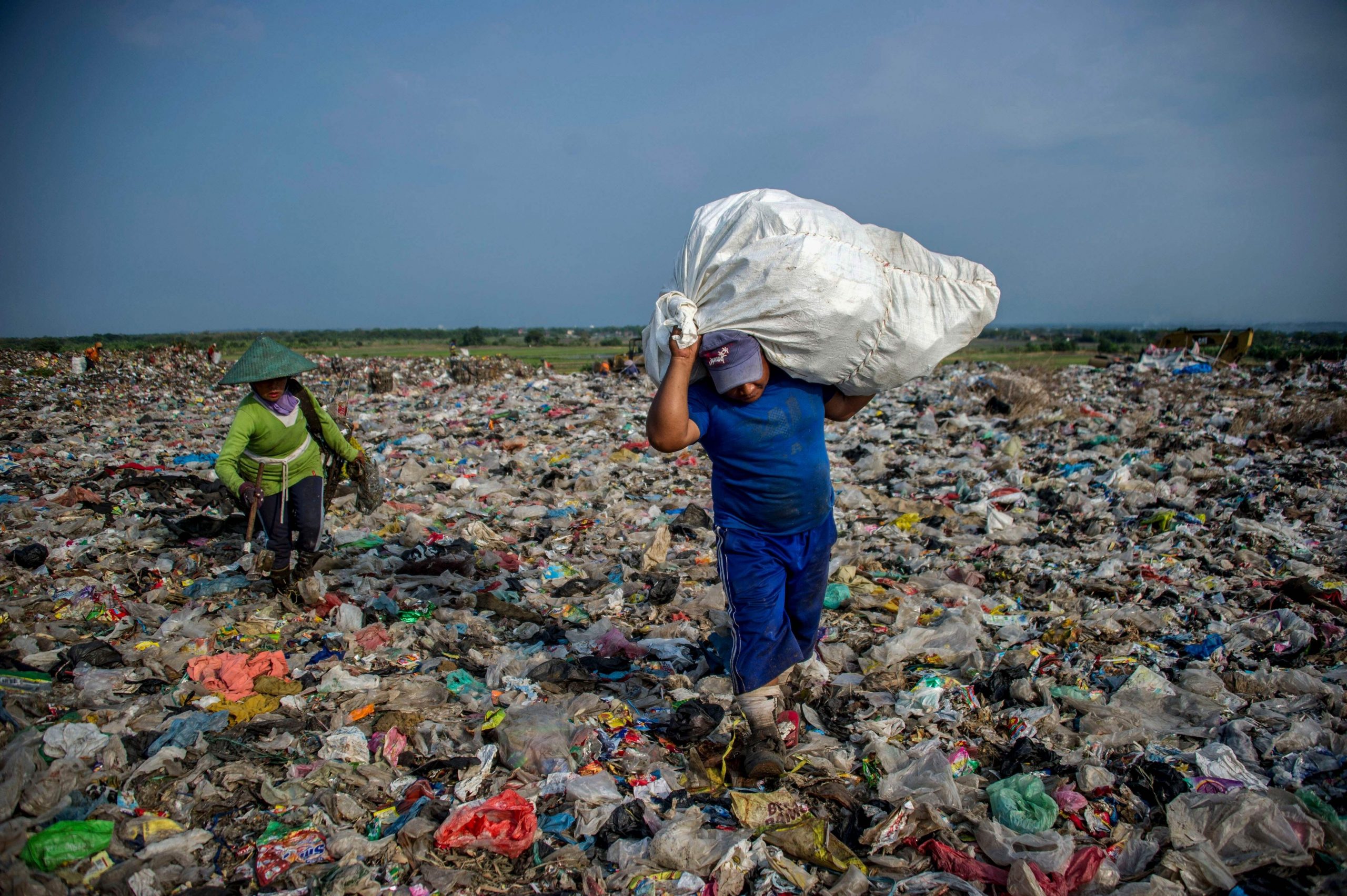For many, 2020 was a year postponed. While we were focused on coping with the Covid-19 virus, we lost ground on other critical issues, including plastic pollution and climate change. The waste-management and recycling value chain in South and
This Week in Asia, Opinion, Rob KaplanPublished: 8:10am, 24 Feb, 2021
As we inch closer to the promise of mass vaccination and kick off 2021 in the Year of the Ox, it is time to adjust our perspective: these crises present incredible prospects for economic recovery and growth. We now have the chance to take a step back and hit the reset button, revisit basic assumptions and assess whether our current approach can address the problem.
First, we need to invest more in local resilience, economies, and supply chains to foster sustainable economic growth and generate new jobs in the new normal. Job creation can no longer just be about generating more positions; instead, we should be creating pandemic-resistant jobs.
 Second, we need to harmonise the pandemic recovery response with strategies that attain systemic environmental resiliency. The pandemic and ongoing environmental issues can be addressed simultaneously – through a fundamental shift away from a focus on short-term performance of systems, to ensuring sustained outcomes in the longer term.
Second, we need to harmonise the pandemic recovery response with strategies that attain systemic environmental resiliency. The pandemic and ongoing environmental issues can be addressed simultaneously – through a fundamental shift away from a focus on short-term performance of systems, to ensuring sustained outcomes in the longer term.CLIMATE CHANGE LINK
Today, public opinion largely agrees about the dangers of climate change. However, the link between plastic pollution and the climate crisis is not often made. Rather, some think that the growing focus on plastic pollution is detracting from the climate change issue.
Reductions in greenhouse gas emissions must also come from addressing the complex systems that produce, deliver and use products and food. Adopting a circular economy framework in plastics and other materials like steel, aluminium, cement and food could help cut 9.3 billion tonnes of greenhouse gases by 2050.
INVESTING FRONTIER
With this improved understanding of the connection between plastic pollution and climate change, investments in climate-resilient infrastructure and the transition to a lower-carbon future will be integral. They accelerate the development of sustainable infrastructure and drive significant job creation, while increasing economic and environmental resiliency. The waste-management and recycling industry lies at the heart of the circular economy and is the next frontier for infrastructure investors looking for climate-resilient opportunities.
As financial investors providing catalytic capital to support private enterprises advancing the circular economy, we believe that material improvements to the industry across the region can be made by addressing systemic gaps and pain points within the waste ecosystem, such as fragmentation, lack of waste source traceability and the low quality of recycled materials.
Upcycling to derive more value from plastic waste will further close the loop on plastic. Instead of downcycling plastics into textiles or for energy use, we can invest in technology to produce certified food-grade recycled plastics and recycle difficult-to-manage flexible plastics into quality building materials or recycled packaging products.

The waste management and recycling industry may not be the most exciting investment target, but this is not a frontier economy where investors are required to take on outsize risks. Other leaders show the potential in this space, with companies like Veolia, a transnational utility services firm, making €10 billion of revenue from waste management in 2019 alone.
Rob Kaplan is the Founder and CEO of Circulate Capital, an investment management firm dedicated to incubating and financing companies that prevent the flow of plastic waste into the ocean and advance the circular economy in South and Southeast Asia.







